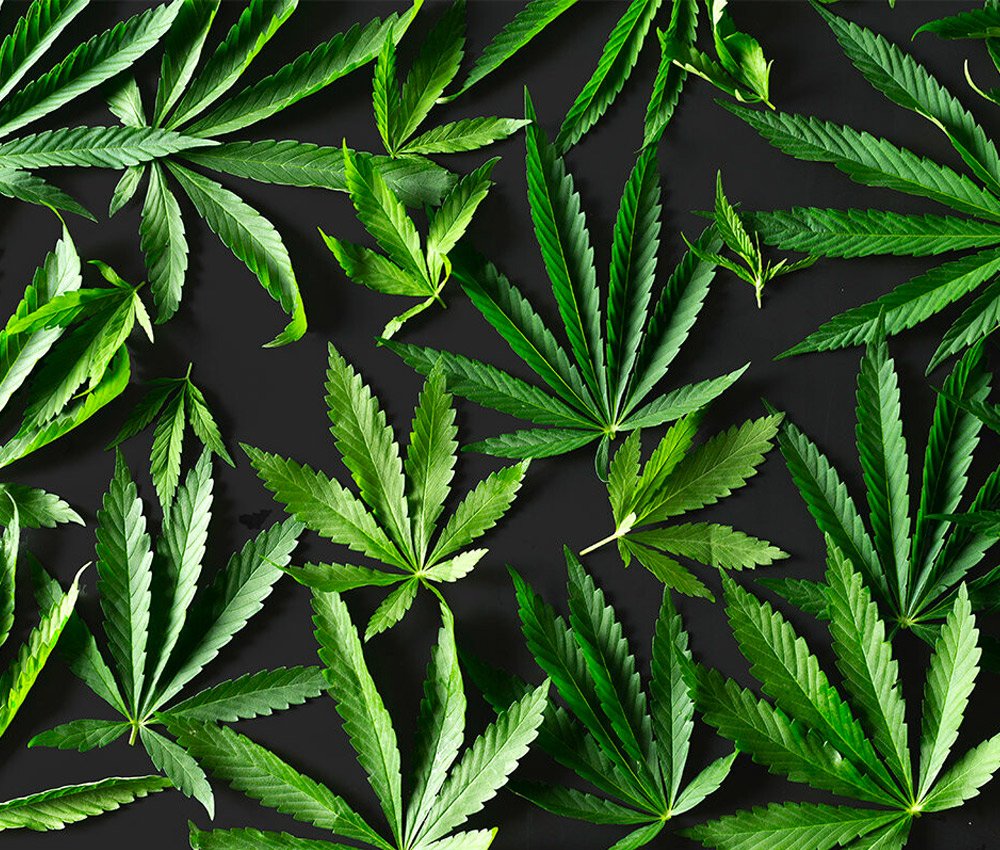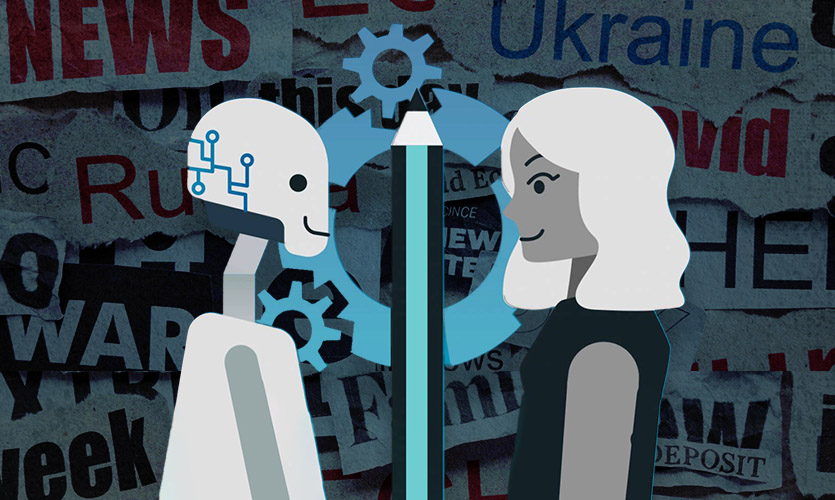What proves to be a groundbreaking development in the field of medicinal research and narcotics, the United Nations commission in its 63rd International Convention on Narcotic Drugs voted for reclassifying cannabis (commonly known as marijuana or weed) as a lesser harmful narcotic. India too voted with the majority. Does this mean that the legalisation of weed might become a reality in India?
It’s hard to put a finger on this issue. A national poll conducted by India Today in January shows that Indians may not fully support legalisation. Out of the individuals who took part in the survey, 55 per cent don’t support legalisation and only 36 per cent do. Furthermore, 89 per cent consider drug addiction to be a serious problem in the country.
Consumption and use of cannabis in India made headlines in 2020 when Rhea Chakraborty was arrested and questioned by the Narcotics Control Bureau (NCB) for consumption and purchase. However, foreign media was quick to report the double standards at play here. The Ministry of Social Justice conducted a study in 2019 that reported that 31 million people in India had consumed a cannabis product in a year. And, 13 million had used weed or hash (forms of the cannabis plant).
However, Sushant Singh Rajput’s death case and the step to reclassify cannabis has brought relief to cannabis activists and medical researchers. And, talks of legalisation and awareness around cannabis is gradually increasing.
The move by India to vote to reclassify cannabis has hinted that the government might be in favour of doing away with the criminalisation of recreational and medicinal use of cannabis. “There might not be a direct impact of the UN’s decision on the legalisation process, but with top international governing bodies like WHO and majority countries deciding in favour of this step, the process might be eased out,” says Birendra Kumar, Zonal Director of NCB, Lucknow.
The quantity, adulteration and the way cannabis is consumed in India poses a big concern. If cannabis is legalised in India, the government will still have to keep a check on its manhandling, peddling, misuse and overuse. “If we believe that legalisation of the drug will ensure its easy availability or open market sources, then we’ll be highly mistaken,” says Kumar. India might invest in and promote the medicinal and therapeutic use of cannabis but with strict regulations and restrictions in place. This might concern the activists, but without such implements, its use will no longer remain only therapeutic.










